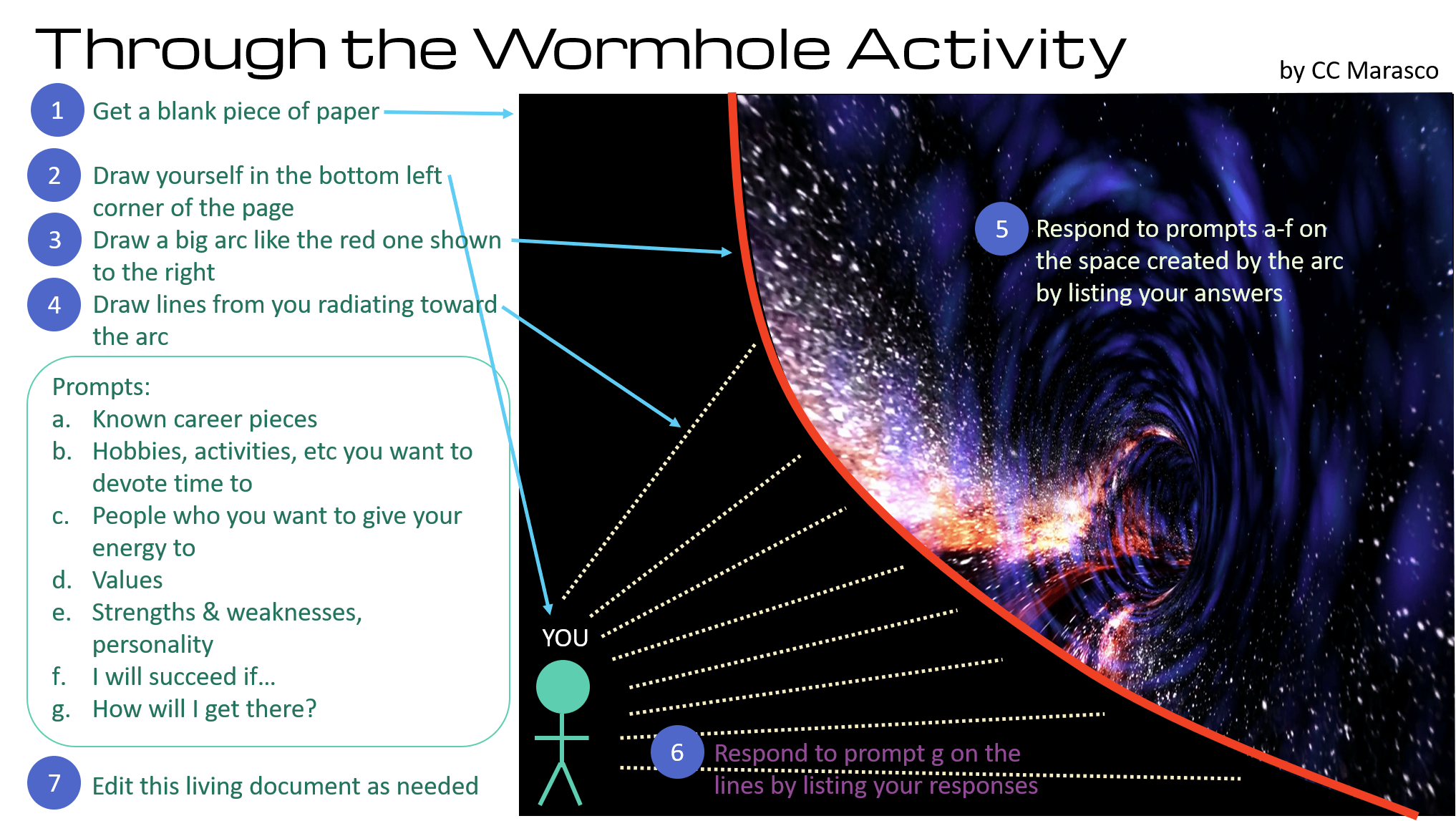How to Apply to Med School

So you want to be a doctor
The path to matriculating into an American medical school is long and arduous, but it can be very rewarding if it is right for you. Here are some things to think about before deciding if you want to pursue this path:
· Do you feel sick to your stomach when you watch videos of eyeball dissections?
· Do you lose patience quickly when explaining concepts to people?
· Do you struggle to be empathetic to adversity in other people’s lives?
If you answered yes to any of these questions, medicine is probably not for you! Medicine is much more than treating a disease, it is treating a person, too.
Here are some activities you need to do in college to apply for medical school.
· Take the required classes: Gen chem, organic chemistry, biology, physics, English writing, sociology/psychology, calculus, and biochemistry. The required classes vary for each medical school, but these are the requirements generally considered for the pre-med curriculum. It doesn’t matter what your major is as long as you complete these classes, so choose what you are actually interested in (not what you think med schools want)!
· Research experience
· Shadowing experience
· Leadership experience
· Service experience
· Take the MCAT
If you are interested in the MD/PhD path, your grades and research are the most important factors. MD/PhD admissions committees expect to see significantly more research experience than MD only applicants.
The most important factors are to maintain as high of a GPA as you can while taking care of your physical and mental wellbeing and getting a competitive MCAT score. However, medical schools look for a lot more than numbers, so after these factors, you need to demonstrate the following “Core Competencies” to the Association of American Medical Colleges (AAMC):
Pre-professional competencies:
Service orientation
Social skills
Cultural competence
Teamwork
Oral communication
Ethical responsibility to self and others
Reliability and dependability
Resilience and adaptability
Capacity for improvement
Thinking and Reasoning competencies:
Critical thinking
Quantitative reasoning
Scientific inquiry
Written communication
Science competencies:
Living systems
Human behavior
You can demonstrate that you have these competencies through essays and descriptions of activities you participated in and led in your medical school applications. SyBBURE alone helps you demonstrate a good number of these!
Try to ignore the pressure to do a lot of activities to check these competencies off. Instead, you should be able to count on one hand what activities you are passionate about. Your thumb has to be dedicated to your physical and mental wellbeing (because without that you can’t do anything else). Your pointer finger should be your academic performance. For your last three fingers, you should pick three activities at most that you want to get very involved in. For me, Danielle, my three activities were SyBBURE/research, dance, and my church group. Medical schools want to see that you were deeply involved with 2-3 activities throughout most of college, not that you were in 15 clubs that you only kind of cared about. By the time I was a junior, I began to take leadership roles as a subgroup leader or GidHub Guardian in SyBBURE and as a choreographer in student-run dance organizations. This finger analogy isn’t to say you can never try something new. Just that if you stumble upon a fun activity you want to do, such as dancing in a Vanderbilt cultural showcase, or an issue you have realized you are very passionate about, such as joining an environmental or political club, you may have to give up one of your 3 fingers for a little while. For example, my last semester of college, I choreographed for a cultural showcase AND a student-run ballet company, but I was only able to handle this because I was only in 12 credit hours so I didn’t have to invest as much time in my academics, which is my pointer finger in our analogy.
Okay so you’ve prepared your whole life for this, but how do you actually apply to medical school?
If you DO NOT want to take a postbac/gap year and you want to matriculate into medical school right after college, you should start preparing your application during your junior year. You need to take the MCAT before you apply to medical school. You can take it as soon as you finish taking the pre-med classes. Many people take it as early as junior year. At the beginning of junior year, you will need to attend the Health Professions Advisory Office prep meeting (a requirement for the HPAO to give you a committee letter review meeting). You will then schedule a Committee Letter Review Meeting (usually from December to April of your junior year), where you will go over your application materials with the HPAO and they will write you a recommendation letter. In terms of the application materials, you will write a 5,300 character max personal statement for your primary application, which is completed through what we in the pre-med world refer to as the AMCAS (American Medical College Application Service). If you are applying MD/PhD, you also write a 3,000 character max essay about why you want to pursue an MD/PhD and a 10,000 character max essay about a Significant research experience. As long as you did all the committee letter review stuff, you can submit your AMCAS as early as June 1 the year you are applying, so the summer before senior year. It is best to get your AMCAS submitted in June because it takes about one month for the AAMC to process your application. This means the AAMC office is checking that they received your recommendation letters and that the grades you manually type into the application match the official Vanderbilt transcript they receive. I know it is silly that you have to manually type in your grades when you also submit your transcript. This AMCAS application is analogous to the Common App for college admissions. The AMCAS is sent to all US medical schools you apply to. Texas has their own Common App for medical school because Texas always has to be special.
As early as July, if you submitted your AMCAS in June, you will begin to receive invitations to complete secondary applications. These are school-specific applications with school-specific essays. While you are waiting one month for your AMCAS to be processed, you should begin “pre-writing” your secondaries (more med school lingo!). You can look up secondary prompts for specific schools on Student Doctor Network or Reddit. These secondary prompts are questions such as, “When is a time you have been challenged?” or “How do you add diversity to the field of medicine?”
After you submit all your secondaries, hopefully by the end of August, it is interview season! This is an incredibly stressful period of your life that stretches from September to April of the year you apply. You wait for schools to send you interview invitations. DO NOT obsessively browse Student Doctor Network looking for when random people you do not know receive interview invitations. So many factors go into this very variable and competitive process. Do not drive yourself crazy. Life is too short to always be stressed and unhappy.
Timeline
Junior fall: Attend the HPAO’s application prep meeting. Schedule HPAO Committee Letter Review Meeting.
Junior spring: Attend HPAO Committee Letter Review Meeting. Take the MCAT.
Summer between junior and senior year: Submit your AMCAS in June and submit secondaries in July.
August – April: Interview season!
I have had friends who did not get into any medical schools until the summer, almost a full year after they submitted their AMCAS. I have had friends who got into their dream schools off of the waitlist near the end of the cycle. I have also had friends who applied to medical school, did not get in anywhere, tried again the next year, and got into their dream school. Believe in yourself and know that your worth is not determined by a medical school admissions committee. Grow as a person throughout college by putting time and energy into classes, organizations, and people you care about, have fun doing crazy things with your friends (anyone else go to the roof of Light Hall or climb trees on campus at odd hours of the night?), and look for new experiences. Try your best to communicate who you are as a person and your confidence in yourself in your essays, your teachers who write you recommendation letters, and in your interviews. If you want to become a physician, I believe in you. If there is a will, there is a way.





